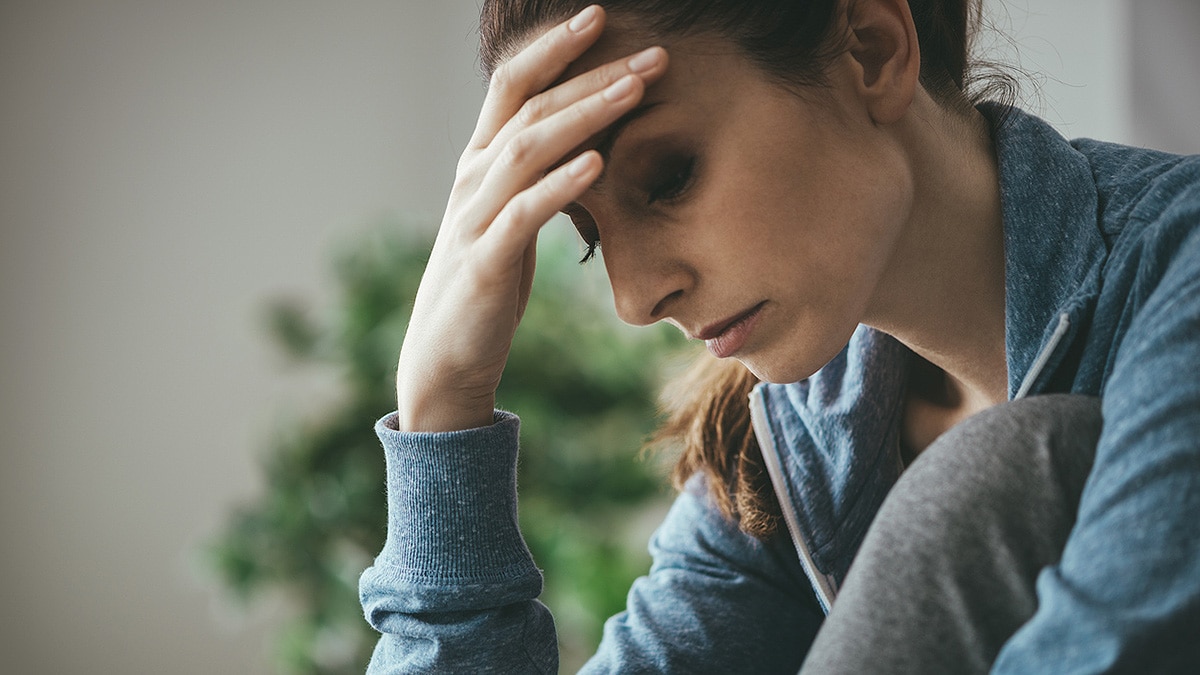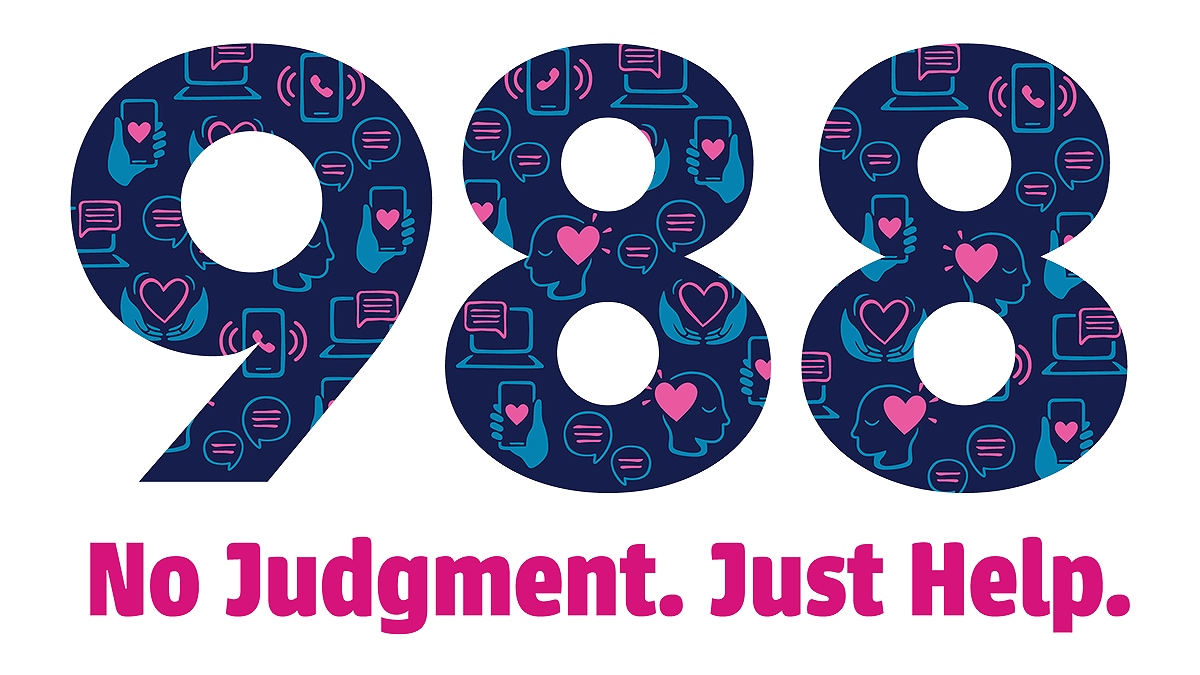What to know
- Being sad is a normal reaction in difficult times.
- There are things you can do to help yourself through sad times.
- Usually, the sadness goes away. But if sadness lasts for 2 weeks or more and interferes with everyday functioning, you may be depressed.
- Talk to a health care provider if your sadness does not go away.

What you may be experiencing
Everyone feels sad sometimes. You may feel sad for different reasons. You may have experienced major life changes or disappointing events.
- Sadness may cause you to react in different ways. You might cry, listen to sad music, or spend more time alone.
- Being sad is a normal reaction in difficult times. But usually, the sadness goes away.
What you can do about sadness
Here are 5 things you can do to help get you through sad times.
1. Acknowledge what's happening.
- It's OK to not feel OK.
- If you are feeling sad, you do not have to deal with it alone.
2. Take care of yourself.
- Eat well, exercise, and rest.
- Take time for yourself.
- Acknowledge your successes. You are doing the best you can.
3. Be mindful of how you're feeling.
- While doing an activity you enjoy, focus on being present.
- Notice how each part of an activity reduces stress or gives you satisfaction, hope, or joy.
- This can be as simple as staying present while you are making dinner and enjoying each step in that process.
4. Maintain connections with others.
Reach out to people who bring you joy, like your friends, family, neighbors, and co-workers. There are many ways to make or improve social connections.
5. Get help from a professional, if needed.
If your symptoms are not going away, getting worse, or affecting your daily activities, make an appointment with a counselor or other mental health professional.
When sadness does not go away
When a sad mood lasts for 2 weeks or more and interferes with normal, everyday functioning, you may be depressed.
Symptoms of depression include:
- Feeling sad, empty, or hopeless often or all the time.
- Not wanting to do activities that used to be fun.
- Unplanned weight change or changes in appetite.
- Trouble falling asleep or staying asleep, or sleeping too much.
- Feeling irritable, easily frustrated, or restless.
- Lack of energy or feeling tired.
- Feeling worthless or overly guilty.
- Trouble concentrating, remembering things, or making decisions.
- Thinking about suicide or hurting yourself.
Contact the 988 Suicide & Crisis Lifeline.
If you or someone you know is struggling or in crisis, help is available 24/7. Call or text 988 or chat with someone at 988lifeline.org

Professional help.
The first step to seeking treatment is to talk to a health care provider.
Talk to a health care provider if you experience symptoms of depression that interfere with day-to-day activities or cause significant distress AND last for 2 weeks or more.*
- This is especially important if your symptoms do not go away, are getting worse, or affect your daily activities.
- Make an appointment with a counselor or other mental health professional.
Depression is not your fault. Getting support helps you and your loved ones.
*This information is not intended to provide a medical diagnosis or suggested treatments for clinical depression and cannot take the place of seeing a mental health professional.
